
NEWSLETTER #7 January 2020
09.09.2020
NEWSLETTER #9 October 2021
27.09.2021
Sacred Science Circle # 8
February 2021
The Sacred Science Circle http://www.sacredsciencecircle.org gathers a sacred circle of individuals and groups that honor the “fires” of transformation implicit in all scientific, scholarly, and artistic endeavors. Our mission is to further that profound route to wisdom that the confluence of science and the Sacred can bring to us and our modern world. In pursuing sacred science, the Sacred Science Circle and our partner institution, the Alef Trust, aspire to transform both ourselves and the world.
In service to the Sacred,
Rosemarie Anderson & Les Lancaster, Sacred Science Circle, Co-Directors
TABLE OF CONTENTS
Reflections by
- Rosemarie Anderson: The Ordinariness of Peace in the Tao Te Ching
- Kiran Kumar Salagame: COVID 19 – India’s multipronged approach
Upcoming Events & Conferences:
- Common Good Film Festival, February 12-15, 2021
- Fourth Integral European Conference, May 19-22, 2021
- International Network for the Study of Spirituality Conference, June 7-8, 2021
- Eurotas Conference, September 22-26, 2021
- Journal for the Study of Spirituality (JSS)
- New Sarum Press: Publisher, New Press Offering Books on Spirituality
- Podcast on the Invisible Woman of World War II
REFLECTIONS
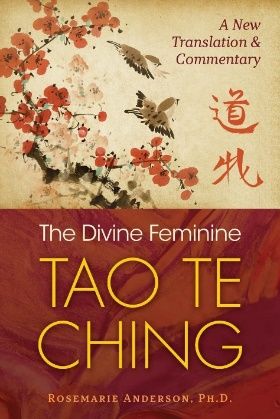
Bringing goodness to all things without struggle
In seeking low places spurned by others
The Tao resembles water
For a house, the good is the land
For the mind, the good is depth
For relationships, the good is kindness
For speech, the good is trustworthiness
In government, the good is peace
In work, the good is skill
In actions, the good is timing
Above all do not struggle
Remain without blame
Dare not host a war
But be the guest
Dare not advance an inch
But retreat a foot
This is called
Advancing without advancing
Seizing without arms
Taking without weapons
Confronting without attacking
No misfortune is greater than not honoring antagonists
Not to honor antagonists is to lose virtue
Therefore when antagonists are well matched
The grieving one wins
Surely weapons augur peril
Some things are just ugly-hearted
Hence those living the Tao resist using them
At home rulers favor the vulnerable
And only in war favor strength
Weapons are not auspicious
Wise rulers use them as a last resort and privilege restraint
Best to remain peaceful and calm
Even in victory they do not delight in them
To delight in them is to enjoy killing
Those who enjoy killing
Gain nothing in this world!
Usually hatred lingers
How can this be good?
And make no claims on others
The virtuous manage the accounts
And those without virtue insist on payment
The Tao of Heaven is without favorites
Yet always aligns with the good
In musing on Poem 79, I kept on wondering how could I possibly do this? How could I assume I am the debtor in conflicts and disputes with others and not go broke? How could a country behave as the debtor in international conflicts and so on? But then I started thinking about the value of apologies and forgiveness. Every time I have sincerely apologized to another or they to me, mystery abounds. What was under dispute disappears from awareness and often even from memory. Yet more, the energy returned to both parties is often astonishing and humbling. Similarly, in family and communal affairs, if parents and political leaders looked more to what we mutually owe one another rather than what others owe us, family and communal values would be very different than they are.
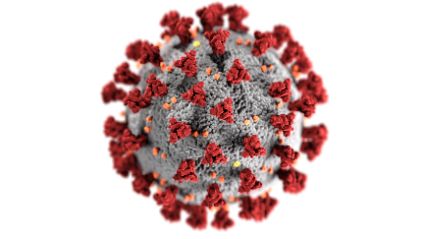 COVID 19 – India’s multipronged approach:
COVID 19 – India’s multipronged approach: by
Kiran Kumar K. Salagame, PhD
|
# |
Country, |
Population |
Total |
Total |
Total |
Active |
|
|
World |
|
100,837,607 |
2,167,096 |
72,845,250 |
25,825,261 |
|
1 |
26,011,222 |
435,452 |
15,767,413 |
9,808,357 |
||
|
2 |
10,690,279 |
153,751 |
10,359,305 |
177,223 |
- At the physical level, the medical interventions as per the WHO norms and guidelines to arrest the spread of the virus and to treat those infected were implemented by the center and state governments in the right time taking appropriate measures. Besides dealing with medical aspects, India also dealt fairly effectively with the economic and social impact of this crisis through various measures. Many good Samaritans and NGOs extended their services by providing all kinds of physical help. In the process the ancient Ayurvedic remedies and Yoga procedures to enhance the strength of the immune system, to treat the infected, and to maintain stability of the system got a boost.
- At the psychological/self-level, people were educated through the electronic and print media about the virus, its effects, and the safety measures to be adopted. Citizens followed the restrictions, regulations, and the safety measures with responsibility. The ‘collectivist orientation’ of Indian society as against the ‘individualist orientation’ of many Western nations seems to have helped in this. It was reported in the newspapers and electronic media that the people in those countries felt their autonomy and freedom are restricted by the safety norms imposed by the authorities and refused to wear masks or went on strike opposing such measures. By and large Indian citizens, illiterate or literate, poor or rich, followed the safety norms and in many places even now they have been doing so. In addition, those who recovered from the virus diseases were given supportive counseling – individual and group – employing psychological counseling strategies.
- To boost the morale of the “Corona Warriors” and to appreciate their services “clapping of the hands” on a particular day and time was suggested by the Prime Minister, which was quite innovative. It was done with cheer throughout the country. Even England adopted this strategy taking a cue from India! Health and life insurance covers were also provided to them by the government.
- In all these efforts, while the noble intention of the planners remain unquestioned, at the level of execution improper implementation and short comings are also reported. Notwithstanding such reports, the overall management of the situation is on the positive side and the leadership of the country is hailed for it (https://www.oneindia.com/india/mood-of-the-nation-73-polled-indians-believe-pm-modi-handled-covid-pandemic-well-3205827.html).
- At the supernatural/divine level, generally the interventions happen from two perspectives. Light and darkness are respectively associated with the benevolent and malevolent forces. Therefore, lighting of the lamp with oil is always associated with ‘introducing light to remove darkness.’ During daily prayer and worship, it is a routine practice in India to offer ārati in temples and houses. Ārati involves burning camphor along with ringing of the bell. A Sanskrit mantra chanted at that time translated to English means, ‘we are offering this burning camphor light along with ringing of the bell, in order to drive away the dark forces and to invite divine forces.’ A significant initiative to “light the lamp” and “ring the bells and gongs” in the evening on a particular day was suggested by the leadership of the country. That was enthusiastically embraced and followed by the citizens all across the country. That instilled faith and hope. From another perspective, it is also the cultural belief that epidemic diseases in particular occur mostly due to the wrath of female deities and dark forces. It was also reported in the media from across the country that proprietary rites were performed and prayers were offered in some religious places and by certain communities to such deities and forces. Thus, Indian worldview upholds a “transpersonal locus of control belief” in which both the personal effort and the divine aid are considered relevant and important for the outcome of any action and in mitigating the suffering (Kiran Kumar, 1986). How effective such measures are in reducing the effect of the virus from an empirical view point is a matter of transpersonal research that can be taken up.
- Similarly, even in, the production of vaccine and its first use there was a systematic planning and execution of trial run to identify and plug the loopholes, before the actual corona vaccine was injected to identified front line health workers and the other corona warriors. Not only did India take care of its population but also extended help by way of exporting hydro chloroquine, masks, and other necessary aids in the past, it also exported vaccines to Brazil and other seven countries in the neighborhood. There is a famous Upanishadic saying which when translated in English reads as follows:
- One who has a limited awareness makes the distinction about others as ‘belonging to self’ and as ‘not belonging.’ On the other hand, for a person of unbounded awareness the whole earth is a family.
- It is this universal outlook of Indian culture and the sense of brotherhood upheld in the Indian worldview, that made Swami Vivekananda, the great spiritual leader and social reformer of India to address the delegates in the Parliament of World Religions in Chicago, in 1893, as “brothers and sisters of America.” It is this global outlook and the spiritual legacy of India that is being carried on till date. It is that which has shaped the strategies of management of the pandemic in accordance with the cultural worldview and belief systems.
Reference.
Kiran Kumar K. Salagame, Ph.D., is a Clinical Psychologist. Currently he is the Vice-President, International Transpersonal Association. He served as Professor of Psychology in the University of Mysore, India, was a Fulbright scholar, and authored Psychology of Meditation: A contextual approach. He has been engaged in developing Indian psychological perspectives and integrating them with mainstream psychology. He lives with his wife in Mysuru, India.
COMPASSION
Even if they don’t want it. What seems conceit,
bad manner or cynicism is always a sign
of things no ears have heard, no eyes have seen.
You do not know what wars are going on
Down there where the spirit meets the bone.
The Ways We Touch: Poems. (University of Illinois Press, 1997)
Common Good International Film Festival 2021

The Center for Process Studies and Common Good Films will offer four days of films and discussions from February 12-15, 2021 that elicit common sense, and common decency, while celebrating the wisdom of Alfred North Whitehead. The ten films are meant to inform, inspire, and celebrate the work of filmmakers that tell the stories of those dedicated to the benefit of humanity. Due to Covid-19, the film festival with be online. Watch for details at http://commongoodfilms.org/ and http://commongoodfilms.org/
*****
Integral European Conference 2021
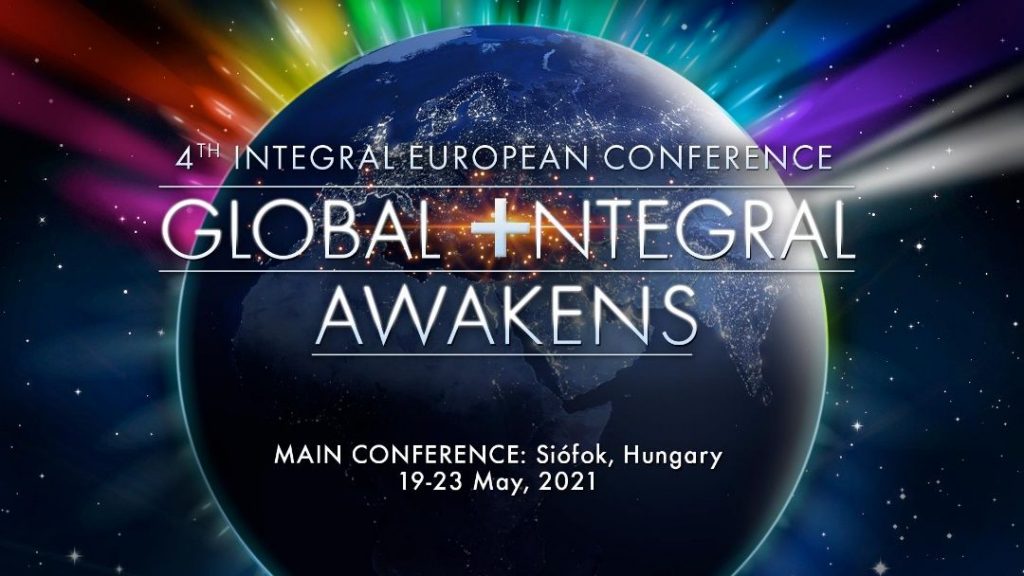
International Network for the Study of Spirituality (INSS)
Go to the LACPA website at https://www.lacpa.org/call-for-mirrors to access the Registration Form and Prospectus, which includes artist guidelines and the rules for submission.
International Network for the Study of Spirituality (INSS)

The next biennial conference ‘Spirituality in Research, Professional Practice and Education’ will take place online, June 7-8, 2021. See details at https://spiritualitystudiesnetwork.org/Conference-2021/
EUROTAS Conference 2021
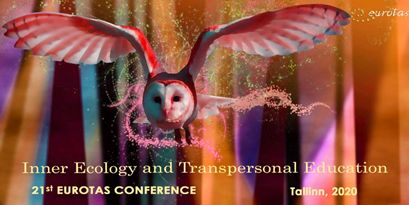
The next EUROTAS Conference has been rescheduled for September 22-26, 2021 in Tallinn, Estonia. The topic for the conference is Inner Ecology & Transpersonal Education will be developed by transpersonal psychotherapists, artists, researchers and teachers. Watch for details at www.eurotas2020.com for further details.
*****
ANNOUNCEMENTS
New Sarum Press: New Press Offering Books on Spirituality

Podcast on the Invisible Women of World War II
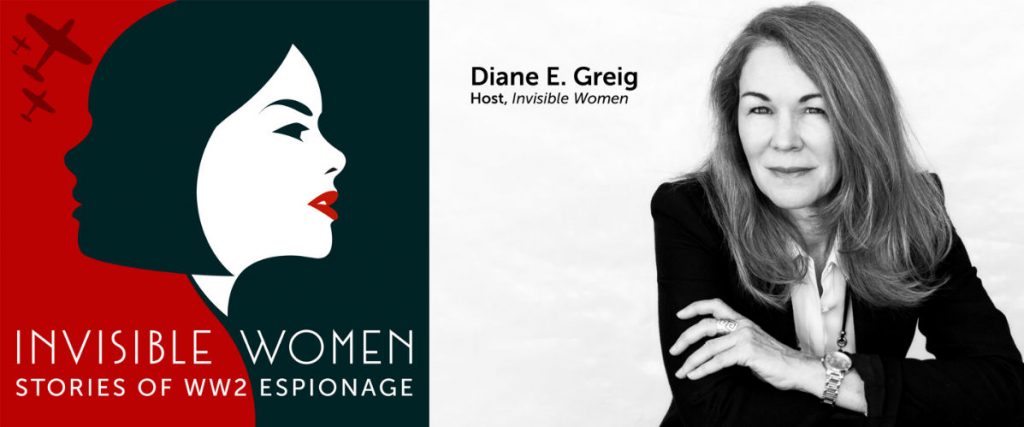
Journal for the Study of Spirituality
 The International Network for the Study of Spirituality (INSS) publishes the Journal for the Study of Spirituality, a peer-reviewed journal which creates a unique interdisciplinary, inter-professional and cross-cultural forum where researchers, scholars and others engaged in the study and practices of spirituality can share and debate the research, knowledge, wisdom and insight associated with spirituality and contemporary spirituality studies. See https://www.tandfonline.com/toc/yjss20/currenthttps://www.tandfonline.com/toc/yjss20/curren.
The International Network for the Study of Spirituality (INSS) publishes the Journal for the Study of Spirituality, a peer-reviewed journal which creates a unique interdisciplinary, inter-professional and cross-cultural forum where researchers, scholars and others engaged in the study and practices of spirituality can share and debate the research, knowledge, wisdom and insight associated with spirituality and contemporary spirituality studies. See https://www.tandfonline.com/toc/yjss20/currenthttps://www.tandfonline.com/toc/yjss20/curren.
*****
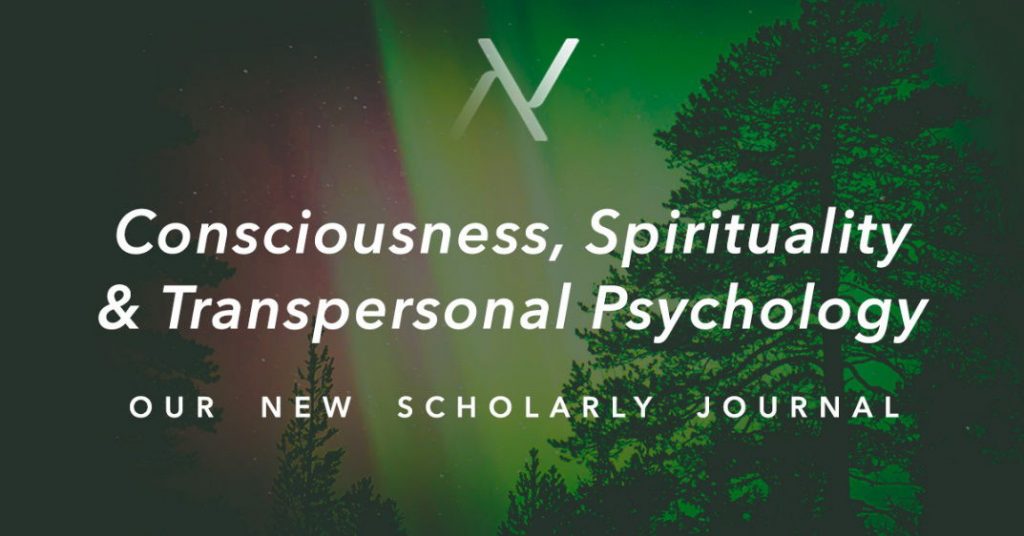
- The transformative potential of Nia®, a holistic dance practice
- The transpersonal benefits of travel
- Healing effects of wild swimming
- Practices designed to enhance our earth connection
- The place of altered consciousness states in psychotherapy
- The role that open awareness can play in combatting stress and burnout
- Transpersonal aspects of retirement
- The transformational face of loss, focusing on the effects of a mine closure on the local community
*****

To view the content, enter your name and email
specified in the newsletter subscription.
Thank you!
